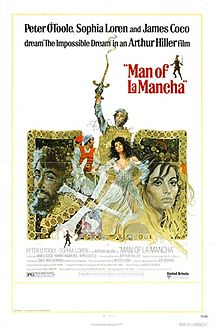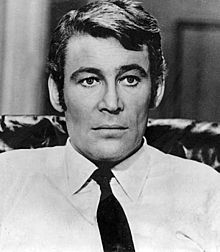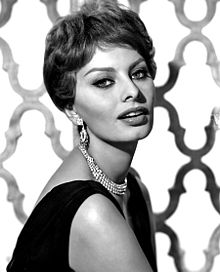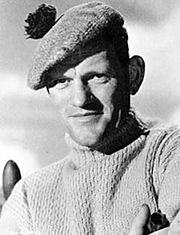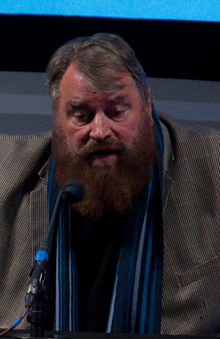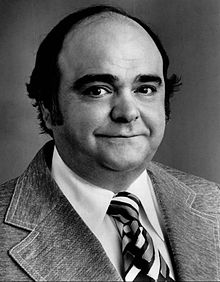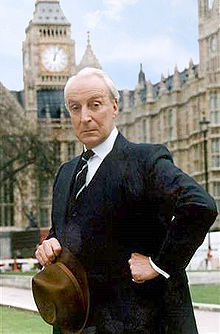Man of La Mancha (film)
Man of La Mancha is a 1972 film adaptation of the Broadway musical Man of La Mancha by Dale Wasserman, with music by Mitch Leigh and lyrics by Joe Darion. The musical was suggested by the classic novel Don Quixote by Miguel de Cervantes, but more directly based on Wassermans 1959 nonmusical television play, I, Don Quixote, which combines a semifictional episode from the life of Cervantes with scenes from his novel.
Cervantes and his manservant have been imprisoned by the Spanish Inquisition, and a manuscript by Cervantes is seized by his fellow inmates, who subject him to a mock trial in order to determine whether the manuscript should be returned. Cervantes defense is in the form of a play, in which Cervantes takes the role of Alonso Quijana, an old gentleman who has lost his mind and now believes that he should go forth as a knighterrant. Quijano renames himself Don Quixote de La Mancha, and sets out to find adventures with his squire, Sancho Panza.According to both associate producer Saul Chaplin in his memoir The Golden Age of Movie Musicals and Me and Dale Wasserman in his memoir The Impossible Musical, the film had a troubled production history. Originally, Wasserman, composer Mitch Leigh serving as associate producer and Albert Marre, who had directed the original show but had never before directed a film, were hired to make the motion picture, and original cast stars Richard Kiley and Joan Diener were screen tested in anticipation of the two actors repeating their stage roles. Because of Marres inexperience with moviemaking, however, he according to Wasserman used up part of the films budget on screen tests, which angered the UA executives. Marre was fired, and as a result Wasserman, Leigh, Kiley and Diener, who was married to Marre, also left the project. British director Peter Glenville was then brought in it was he who cast Peter OToole as Cervantes and Quixote, but was in turn also fired when it was learned that he planned to eliminate most of the songs. It was then that Arthur Hiller and Saul Chaplin joined the project. Hiller rehired Wasserman to adapt his own stage libretto, although, according to Wasserman, the films new opening sequence, showing the actual arrest of Cervantes before he enters the prison, was not by him. Writer John Hopkins, who most likely wrote the scene Wasserman refers to, had been brought in by Glenville, and had left when Glenville
Source: Wikipedia

